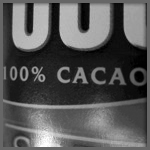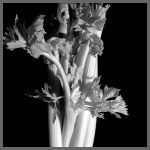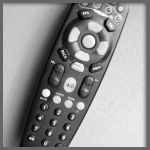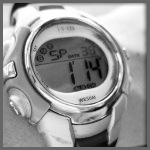True.
 Are you one of the millions of people who love chocolate? If you are, do you sometimes feel guilty after indulging yourself? If the answer to that is yes, please keep reading! Cocoa and chocolate have been consumed for thousands of years, however, very few of us think about the health benefits associated with chocolate. In fact, it’s only been recently that scientists have started paying attention to the health benefits of chocolate. Chocolate contains compounds called flavonoids, which have been shown to have antioxidant properties, and be very beneficial to health. Research is starting to show that consuming chocolate may help reduce the risk for having a heart attack or stroke, aid in cancer prevention, lower blood pressure, improve insulin sensitivity, decrease blood clotting, and even improve skin health. In fact, there was a conference in 2007 in Milan, Italy where researchers gathered to discuss current research on how chocolate consumption impacts health. Visioli et. al, (2009) published an article in the journal Critical Reviews in Food Science and Nutrition summarizing research presented at the conference. These authors concluded “While the near entirety of experimental data indicate healthful consequences of cocoa intake, the caloric load of chocolate should not be overlooked and its consumption is to be positioned within a balanced and isocaloric diet.” Keep in mind that dark chocolate is much higher in flavonoid content than say milk chocolate which may contain few of these compounds as they can be destroyed during processing. Also be aware of the calories when eating chocolate (there’s always a downside), more isn’t always better. Even a quarter or a half an ounce of dark chocolate per day will likely improve health. Go ahead and indulge yourself, but remember, the darker the chocolate the better, and enjoy in moderation.
Are you one of the millions of people who love chocolate? If you are, do you sometimes feel guilty after indulging yourself? If the answer to that is yes, please keep reading! Cocoa and chocolate have been consumed for thousands of years, however, very few of us think about the health benefits associated with chocolate. In fact, it’s only been recently that scientists have started paying attention to the health benefits of chocolate. Chocolate contains compounds called flavonoids, which have been shown to have antioxidant properties, and be very beneficial to health. Research is starting to show that consuming chocolate may help reduce the risk for having a heart attack or stroke, aid in cancer prevention, lower blood pressure, improve insulin sensitivity, decrease blood clotting, and even improve skin health. In fact, there was a conference in 2007 in Milan, Italy where researchers gathered to discuss current research on how chocolate consumption impacts health. Visioli et. al, (2009) published an article in the journal Critical Reviews in Food Science and Nutrition summarizing research presented at the conference. These authors concluded “While the near entirety of experimental data indicate healthful consequences of cocoa intake, the caloric load of chocolate should not be overlooked and its consumption is to be positioned within a balanced and isocaloric diet.” Keep in mind that dark chocolate is much higher in flavonoid content than say milk chocolate which may contain few of these compounds as they can be destroyed during processing. Also be aware of the calories when eating chocolate (there’s always a downside), more isn’t always better. Even a quarter or a half an ounce of dark chocolate per day will likely improve health. Go ahead and indulge yourself, but remember, the darker the chocolate the better, and enjoy in moderation.
Reference:
Visioli F, Bernaert H, Corti R, Ferri C, Heptinstall S, Molinari E, Poli A, Serafini M, Smit H, Vinson J, Violi F, Paoletti R: Chocolate, lifestyle, and health. Critical Reviews in Food Science and Nutrition (2009), Vol 49, pps. 299-312.




